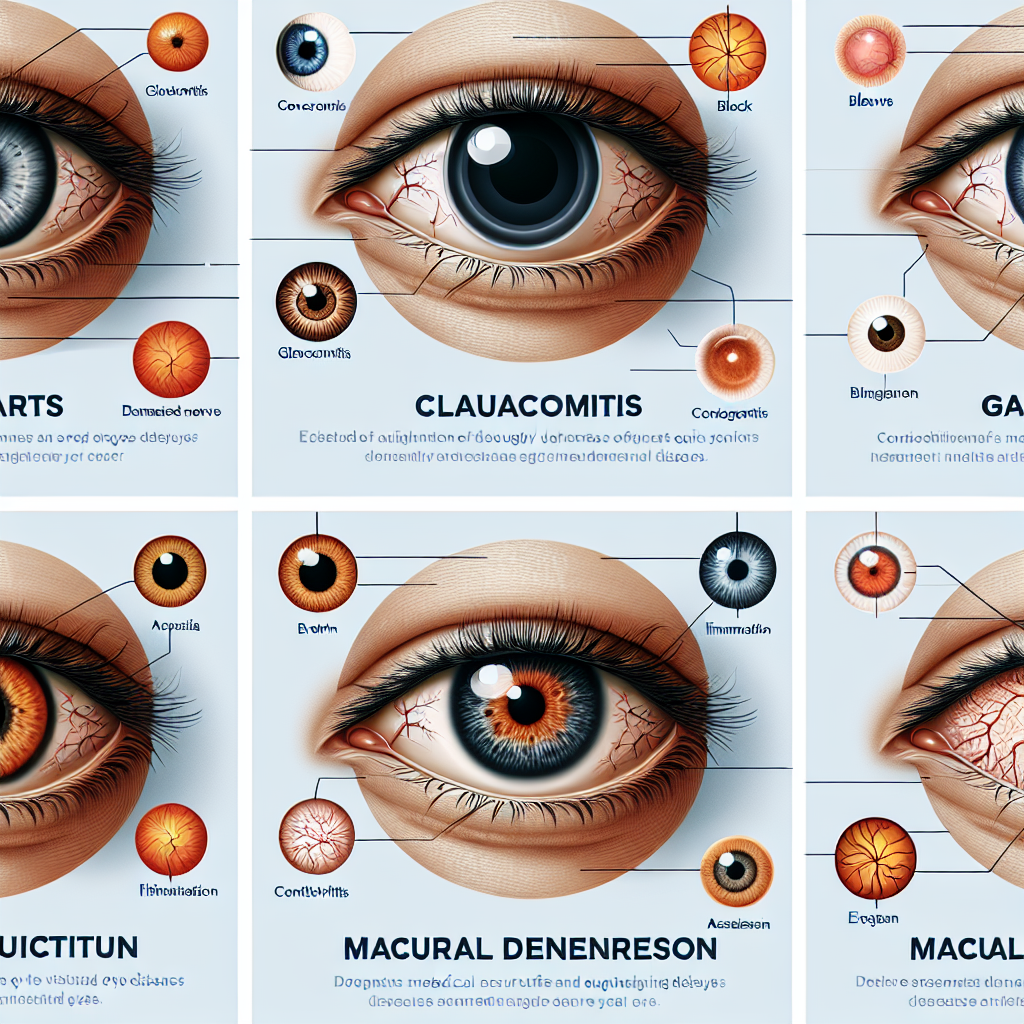India Intensifies Fight Against Vector-Borne Diseases
Union Health Minister JP Nadda has urged states to devise action plans within 20 days for controlling dengue and malaria. With heavy rains creating breeding grounds, efforts include community awareness and increased diagnostic capacity. India's battle against malaria has seen significant progress, and efforts continue towards elimination by 2030.

- Country:
- India
Union Health Minister JP Nadda, facing a surge in vector-borne diseases from recent rainfall, has directed state health ministers to draft comprehensive action plans within 20 days. The goal is to control escalating cases of dengue and malaria across the nation.
In a thorough review meeting, Nadda highlighted the importance of proactive measures during this critical period to protect public health. States were urged to conduct intensified preventive actions, with municipalities and local bodies spearheading community awareness initiatives. All hospitals, including central facilities, are required to maintain sufficient resources like drugs, diagnostics, and bed capacity.
Significant progress has been recorded in combating malaria, with over 78% reduction since 2015. The government aims for complete malaria elimination by 2030 through strategic plans and initiatives. Increased focus is also being placed on combating dengue and chikungunya, with enhanced surveillance and vector control strategies in motion.
ALSO READ
India Triumphs As Sponsorship Shifts Loom Over Asia Cup 2025
India's Tier-2 Cities Poised to Transform Semiconductor Landscape
Merck Foundation's Global Healthcare Summit 2025: Transforming Public Health
Fairtrade India Conference 2025: Pioneering Sustainable Trade
SafeTree Unveils AI Tool and Report to Boost India's Surety Bond Market










